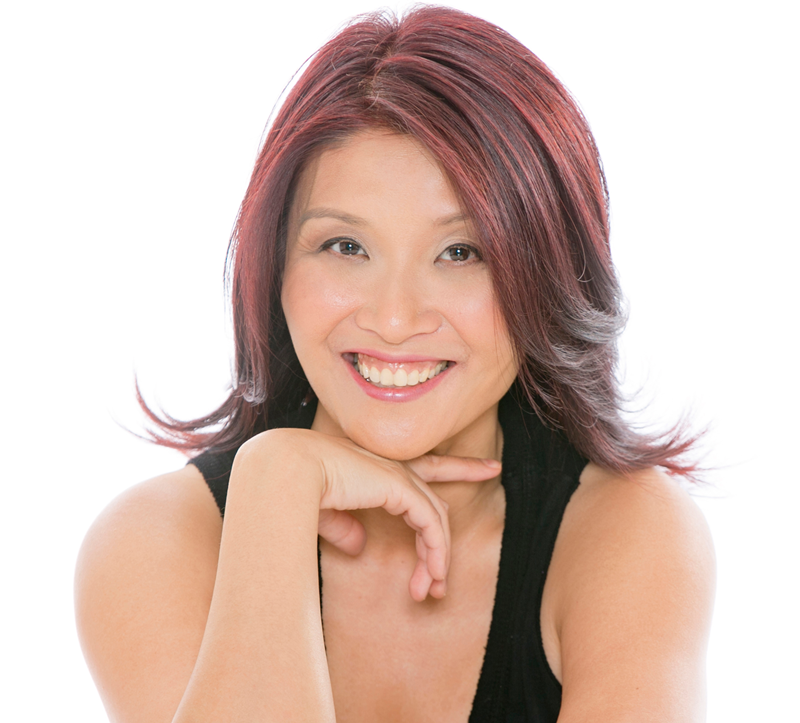Sleuthing out Self-Abuse
Sometimes it can be difficult to identify those daily, subtle abuses we find ourselves in. Here is some guidance designed to help in your self-reflection. I have found that usually there is an element of self-denial in how much we can be experiencing daily self-abuses.
I have explored intensely my self-abuses for the last 20 years. I have dedicated about a week per month in personal development intensives with a source called The Wonders. Like layers of an onion, there always seems to be another layer of self-abuse you can uncover. Once uncovered, then it is possible to transform these self-abuses to self-love.
Daily routine

Examine your daily routine. How are your stress levels? Are you getting enough sleep? Do you find yourself always on-the-go? Balancing perhaps a family, children, pets, errands? Are you taking the time to pause, and take care of yourself?
Remember, there is no right or wrong answer here. This is just a gentle reminder that a stress-filled lifestyle can also be considered a form of daily abuse. I have worked with these questions over the years, and have created a flexible lifestyle for myself where I treat myself daily – almost like every day is my birthday. I will provide more tools in future writings and books, but for now, consider some simple questions to help alleviate daily stresses: What can I do to take care of myself on a daily basis? How can I infuse more self-love in my daily life?
Daily Struggles and Over-Thinking
A subtle form of self-abuse is the need to analyze and over-think issues and decisions. This has been a huge area for me with respect to self-abuse. I was raised with the idea that thinking and analyzing was paramount to get through daily life. And yes, to some degree it is, and the mind is a great tool…but the tendency was that I would over-use the mind and let the mind ‘run off’ and continually over-think and over-analyze. To the point that I had circular thoughts, and made daily decisions more difficult than they needed to be. In fact, struggle became the norm rather than the exception.
What I have found over the years is I have realized that over-thinking and over-analyzing does not actually provide me with as much benefit as I thought it did. What has been more effective, more freeing, has been for me to let go, pause, and tune into myself. The answers were within. Not from my head.
Questions to yourself include: Do I have a tendency to over-think and over-analyze? Do I value struggle
over ease in my daily thoughts and choices? Can I choose to take a pause now and then and let my*self* pave the way, rather than letting the mind run its circular patterns?
The Happiness and Humour Factor
One subtle area of self-abuse is the degree of miserableness you carry around in daily life. For most of my life, I was quite miserable. Don’t get me wrong, I didn’t walk around completely frowning or depressed. I still smiled and laughed, but the undercurrent was that I felt there was something missing from life, and thus there was a subtle solemnness and seriousness that shaded my life. A few years ago, I simply chose to shift that to being happy, and not seeing that something was missing. The key difference is that there is a lightness to my everyday life now, and a willingness not to be so serious about life.
I know it may seem strange to identify yourself as being miserable, but be honest with yourself. Do you walk around with a lightness? Do you see your life as whole and complete, with positive and expansive choices all around you? Is there a subtle smile that is usually present on your face? If you have trouble answering the above questions with an unequivocal ‘yes’, you may wish to keep these two tips in mind:
1. You have the power, every moment of every day, to choose to be happy.
2. Take the time to re-learn how to really laugh. I mean, from your belly. Look in the mirror, laugh your ass off. Do it for about 10 minutes. Repeat daily until the laughter is embedded within you and you don’t need to laugh out loud to feel the humour in everyday life. I usually do this when I am going through a particularly stressful time. When I first did it I did it daily for about a month. Now, I can more easily access the happiness and humour that is within me, without having to laugh out loud. It allows me to interact and move through the world with more ease.
Acceptance and Allowance within Relationships
Relationships are a great mirror, and as such, can help uncover self-abuse.
A loving, expansive relationship is one based on acceptance and allowance, no matter if this is with an acquaintance, a friend, or a lover. If there is judgment within the relationship, such as a desire to fix or control the other, then the relationship can be considered contractive. If you find yourself pointing the finger at the other, insisting that they change, then this is an abusive behaviour. Likewise, if you find yourself in a relationship where you are continually being asked to change, or feel yourself being constantly judged, then this is a warning sign of a contractive, abusive relationship.
However, identifying whether a relationship is an abusive one can be difficult, due to the emotions and attachments involved. Please contact me if you have questions about this area. The key question is, if you observe that certain relationships in your life are abusive, do you have the self-love and strength to choose to minimize or remove yourself from these relationships?
Letting go of perfection
Most of us love to judge ourselves, and I have been no exception. I used to judge myself lacking all the time – that somehow, I could be more perfect in some area. Perhaps I was too fat, or not pretty enough, I needed to excel more in a certain area, needed to exercise more, or eat better food.
It has taken me awhile to realize that perfection is an illusion, and to choose to be vigilant in stopping my own self-abuse. After decades of self-judgment and self-abuse, with all my strength from deep within myself, I said ‘no’ to abusing myself. I said no to being perfect. I said yes to continually respecting my *self*. That was a turning point for me, and my journey has shifted to a more loving one. However, it took me a couple of decades to build up the awareness and strength to whole-heartedly say
no to self-judgment.
What areas in your life do you hang onto the idea of perfection? Are you ready to say ‘no’ to judging yourself? If you are unsure, or if you are ready to say no, feel free to contact me for guidance.
